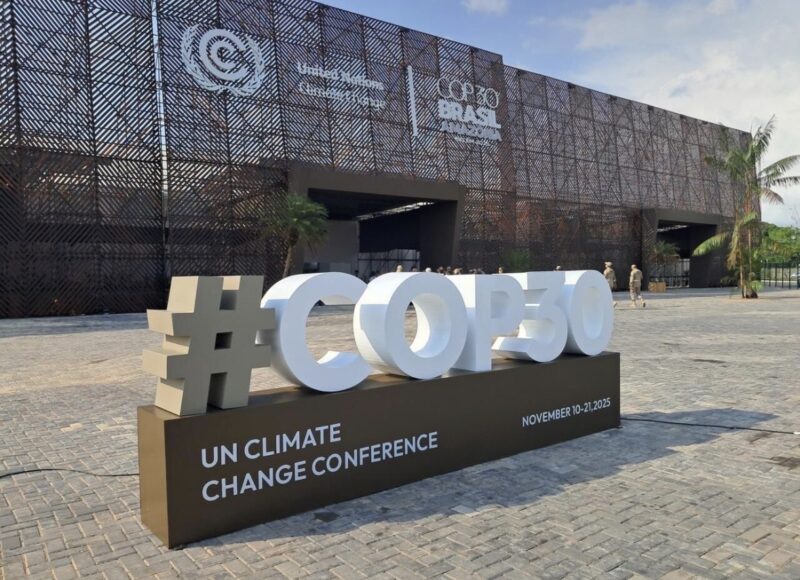Nigeria has lost its bid to host the 32nd session of the United Nations Climate Change Summit, also known as the Conference of Parties (COP32), after Ethiopia clinched the hosting rights.
The decision was formally adopted during a plenary on Tuesday in Belem, Brazil, where delegates are currently gathered for the 30th session (COP30).
The Conference of the Parties (COP) is the decision-making body of the UN Framework Convention on Climate Change (UNFCCC), bringing together nearly 200 countries to negotiate responses to the global climate crisis.
Nigeria’s bid was edged out after the African Group of Negotiators (AGN) endorsed Ethiopia as the preferred country to host the conference in 2027 during a closed-door meeting on the sidelines of COP30.
Nigeria had announced its intention to host COP32 in March when UN Climate Chief Simon Stiell visited Lagos.
Head of Nigeria’s climate change council at the time, Nkiruka Maduekwe, described it as an opportunity to demonstrate the country’s commitment to shaping the global climate agenda. Ms Maduekwe was replaced by Omotenioye Majekodunmi this August.
However, consultations among African nations over the past weeks tilted toward Ethiopia, which only joined the hosting race in September, during the Africa Climate Summit (ACS).
Sources within the AGN said Ethiopia’s candidacy was unanimously approved after several rounds of consultations, citing “continental consensus and logistical readiness.” Delegates also pointed to Ethiopia’s long-standing role in Africa’s climate initiatives.
While the loss may come off as a blow to Nigerias aspirations, analysts say Nigeria remains a critical player in shaping Africa’s climate future.
“Despite not emerging as the eventual host, Nigeria still has a defining role to play,” Nicholas Adeniyi, a development analyst at the African think tank, Centre for Journalism Innovation and Development (CJID) said.
“The country’s experience in climate adaptation and energy transition makes it a central voice in shaping the continent’s agenda for COP32.”
Ethiopia’s selection underscores Africa’s growing influence in global climate diplomacy.
From the 2023 Nairobi Declaration to this year’s Africa Climate Summit in Addis Ababa, the continent has been working to move beyond the narrative of vulnerability toward one of leadership and innovation.
READ ALSO: COP30: Amid rising heat, sustainable cooling can slash emissions and save trillions of dollars – Report
For Mithika Mwenda, Executive Director of the Pan-African Climate Justice Alliance (PACJA), Addis Ababa’s hosting of COP32 represents Africa’s symbolic shift from merely demanding climate justice to actually defining it.
“I applaud Ethiopia for scooping this bid and hope that it will demonstrate Africa’s leadership in climate diplomacy and solutions. This builds on Ethiopia’s stunning hosting and coordination of the second Africa Climate Summit, which was not only inclusive but also resonated with the desires of stakeholders,” Mr Mithika said. “At a time when rich countries, particularly the US, are backtracking on their commitments and leadership, it is time for Africa to fill that void.”
With COP32 already decided, the decision on who hosts COP31 remains inconclusive as the tussle between Turkey and Australia continues.
A final verdict is expected before the end of this year’s summit in Belem on November 21, but in the event that the hosting dispute between both countries remains unresolved, COP31 will automatically move to Bonn, Germany, where the UN climate secretariat is located.










